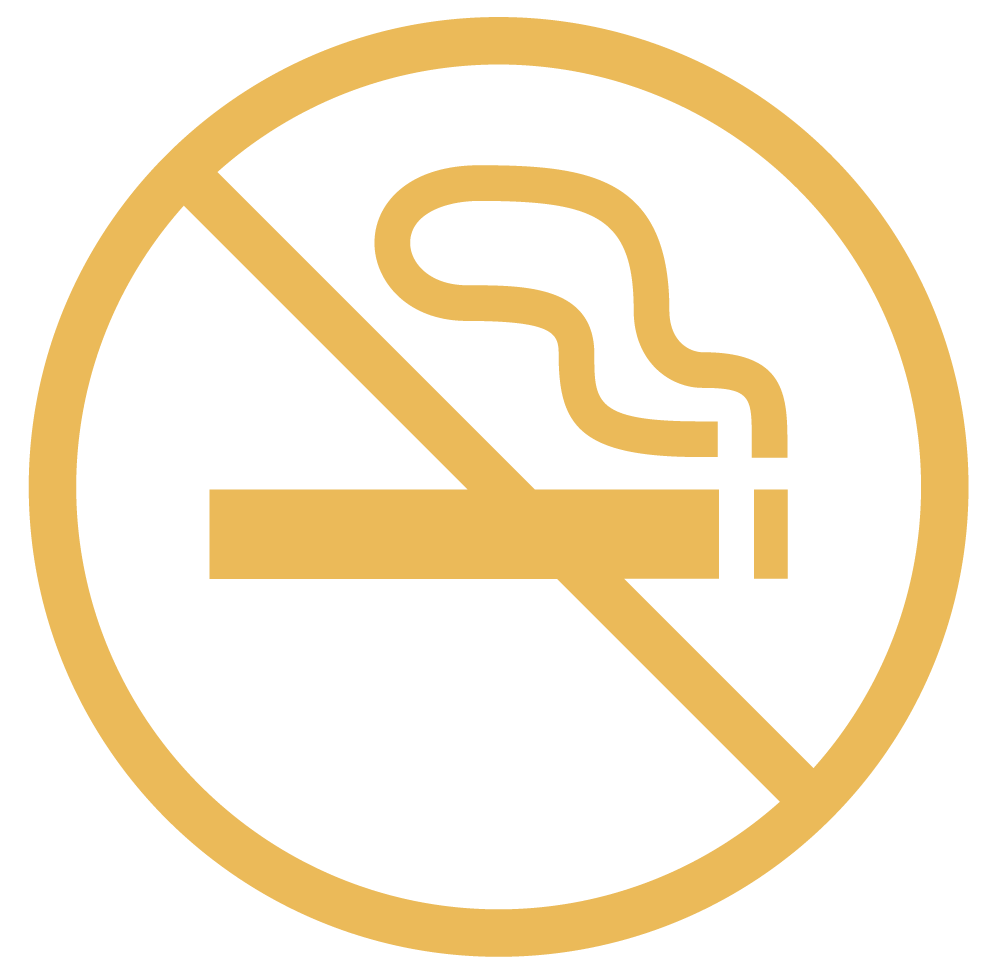Africa needs to act
One of the main problems affecting Africa is the use of combustible tobacco.
Switching to less harmful products and/or quitting tobacco altogether can save hundreds of millions of lives.
Smoking rates in Africa are stagnating or increasing. Between 2000 and 2012, smoking rates increased in 23 countries in Africa.
Africans are suffering more than most. 90% of deaths from non-communicable diseases occur in low and middle-income countries.
Adult smokers deserve access to reliable, accurate information about reduced-risk products.
Modelling shows that progressive vaping policies can help:
- 2.025 million smokers quit in South Africa.
- 475,000 smokers quit in Ethiopia.
- 350,000 smokers quit in Uganda.

THR regulation principles
THR regulation should aim to maximise the number of smokers switching to safer, smoke-free products;
Public health strategies should focus on addressing misperceptions that hamper adult smokers from adoption of potentially harm reducing smoke-free products;
It should also strike the balance between ensuring that nicotine products remain accessible and as safe as possible without compromising their appeal to smokers.
THR product regulation should be:

Science-based

Proportionate to the degree of risk to the consumer

Based on applying the most restrictive regulations to the most harmful product (i.e. cigarettes)

Based on applying the least restrictive regulations for the least harmful products

Protect youth from initiation

The UK has the most advanced THR regulation in the world and is a leading case study for how nicotine products can be used to reduce smoking rates.






